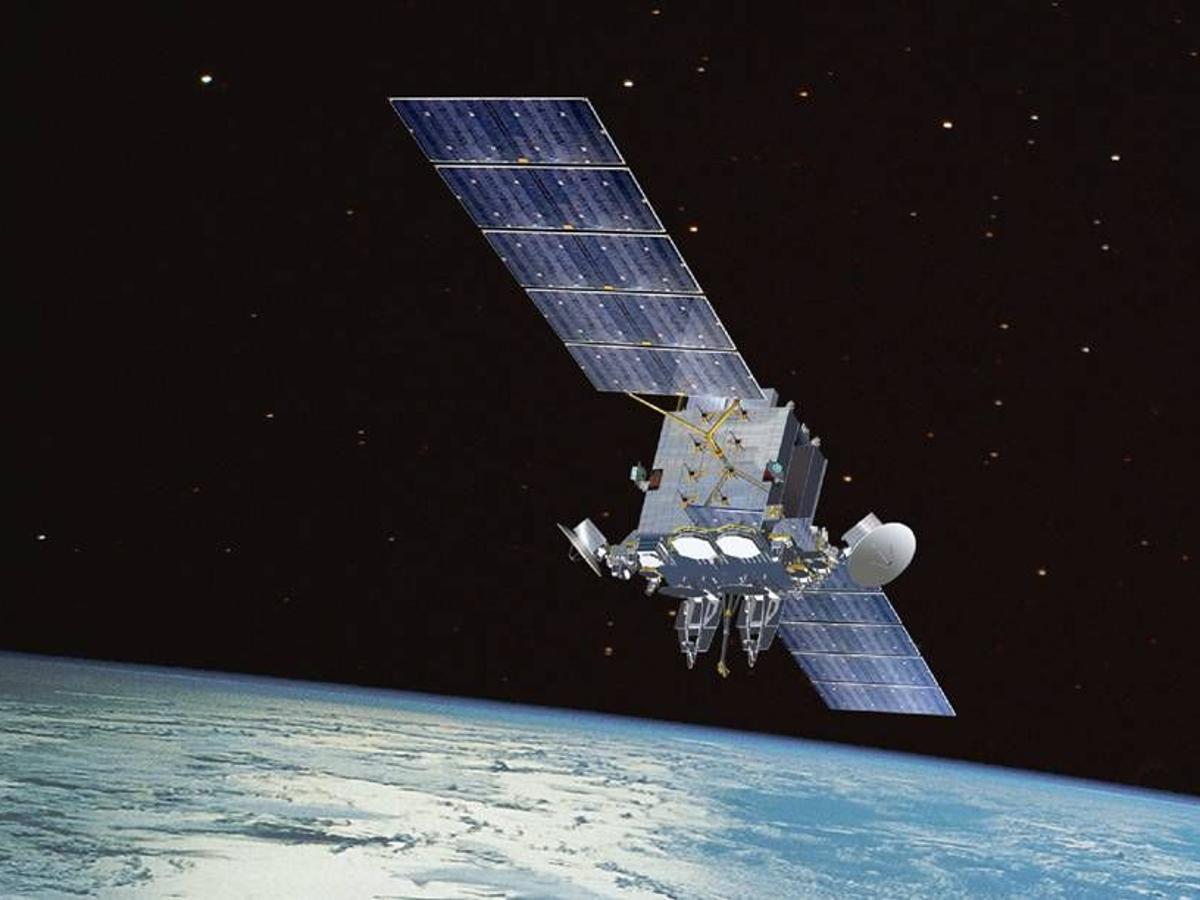Do Satellites Move In The Same Direction

Most rotate east to west the same direction as the earth below.
Do satellites move in the same direction. Usually satellites orbit in the direction of earth s rotation but there are some satellites that travel in the opposite direction. Of course satellites at geo will not travel against the earth surface and ones beyond geo will apparently travel backwards as earth s rotation overtakes them but they still travel in the same direction as earth rotates. If it is launched toward the north or south it doesn t get to take advantage of this boost. If the satellite is launched in the same direction as earth is rotating it gets quite a boost.
An object in such an orbit has an orbital period equal to the earth s rotational period one sidereal day and so to ground observers it appears motionless in a fixed. The time and direction the satellites will enter into the earth s shadow or set like a. Presently circling the earth at an average altitude of 216 mi 348 km and at a speed of 17 200 mi 27 700 km per hour it completes 15 7 orbits per day and it can appear to move as fast as a. These satellites are in geostationary orbits.
The time and direction the satellites will be highest above your local horizon. While some satellites whiz around the world in 90 minutes others don t seem to move at all. A geostationary orbit also referred to as a geosynchronous equatorial orbit geo is a circular geosynchronous orbit 35 786 kilometres 22 236 miles above earth s equator and following the direction of earth s rotation. This is because the spacecraft must be in the same orbital plane to travel together.
Weather and tv satellites seem to hover above the equator. Certain satellites such as specific weather satellites even manage to hover above one specific area on earth s surface by rotating over the equator and orbiting once a day. Further there are several satellites that travel in pairs or trios with other satellites. But there are other sattelites that.
The nearer the satellites are to earth or the farther apart they are the more difficult the task of maintaining spatial relationships between the spacecraft.














































